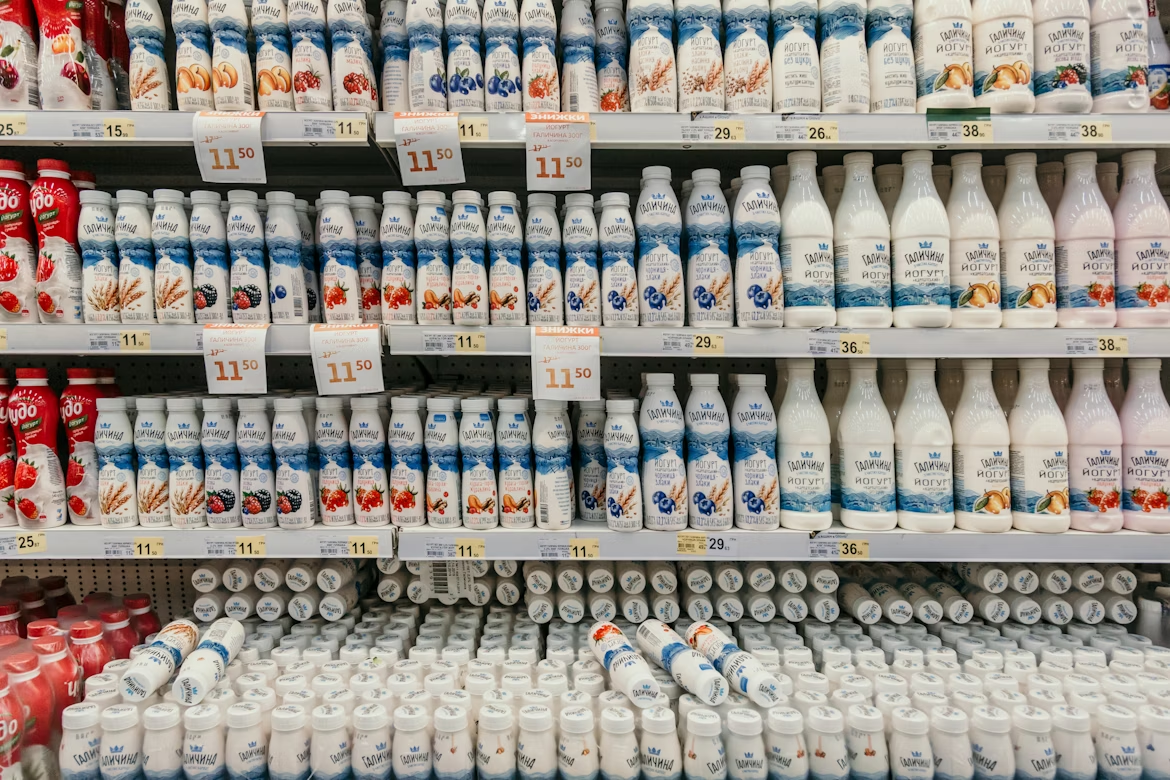Sustainability has become an increasingly important consideration for consumers, and food stores have recognized the need to align with these values. In this article, we will explore the efforts made by food stores to promote sustainable practices, including reducing food waste, implementing recycling programs, supporting local farmers, and offering eco-friendly packaging options. We will also discuss the impact of these sustainability initiatives on consumer choices and the overall food industry. With a specific focus on the innovative use of e-ink shelf labels, we will highlight the role they play in enhancing sustainability efforts.
Reducing Food Waste: A Key Priority
Food waste is a significant issue in the global food industry, and food stores are taking steps to address it. By implementing effective inventory management systems and closely monitoring expiration dates, stores can reduce overstocking and prevent unnecessary food waste. Additionally, some stores have partnered with food banks or charitable organizations to donate surplus food, ensuring that it reaches those in need rather than ending up in landfill sites.
Recycling Programs: Embracing Circular Economy
Food stores are implementing recycling programs to ensure the responsible disposal of packaging materials. By providing dedicated recycling bins and educating customers about proper waste sorting, stores encourage recycling practices. Furthermore, innovative eco-design solutions are being adopted, such as compostable packaging and the use of recycled materials. These efforts contribute to a circular economy, where materials are reused rather than discarded, reducing environmental impact.
Supporting Local Farmers: Fostering Community Relationships
Food stores recognize the importance of supporting local farmers, not only for their high-quality produce but also for reducing carbon emissions associated with long-distance transportation. By sourcing locally, stores can promote sustainable agriculture practices and help local economies thrive. This not only provides consumers with fresh, seasonal options but also instills a sense of community and supports small-scale farmers who often employ environmentally friendly farming techniques.
Eco-Friendly Packaging: A Greener Choice
Food stores are transitioning to eco-friendly packaging options to minimize their ecological footprint. Biodegradable or compostable packaging materials, such as plant-based plastics, are becoming increasingly popular. Additionally, stores are encouraging customers to bring their own reusable bags or offering biodegradable options at checkout. These initiatives empower consumers to make conscious choices and reduce the amount of single-use plastic being used, positively impacting the environment. Click here to learn more about DaklaPack US, a packaging company with an innovative green mission.
The Role of E-Ink Shelf Labels in Sustainability Efforts
E-Ink shelf labels serve as an innovative tool to promote sustainability within food stores. These electronic displays replace traditional paper labels, reducing paper waste and the need for frequent label printing. The use of e-ink shelf labels allows stores to update pricing and product information in real-time, minimizing errors and eliminating the need for excess paper and ink. Furthermore, e-ink displays consume minimal power, making them energy-efficient and cost-effective for food stores in the long run.
Conclusion
Food stores are leading the way in promoting sustainable practices, recognizing the importance of reducing food waste, implementing recycling programs, supporting local farmers, and offering eco-friendly packaging options. These initiatives not only align with consumer values but also contribute to a more sustainable food industry. The use of e-ink shelf labels further enhances sustainability efforts by reducing paper waste, increasing operational efficiency, and minimizing environmental impact. As consumers continue to prioritize sustainability, food stores must embrace these practices to remain competitive and provide a greener shopping experience.


 Home
Home









